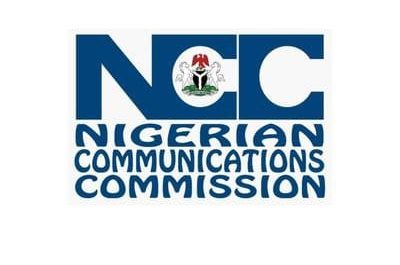The Nigerian Communications Commission (NCC) has officially sanctioned a 50% increase in tariffs for telecom operators, citing the growing economic pressures that threaten the sustainability of the sector. The regulatory body explained that the decision was made to address the rising cost of operations in the telecommunications industry, including inflation, energy price hikes, and the depreciation of the naira. According to the NCC, the adjustment is crucial to maintaining the quality of telecom services and ensuring that operators can continue to expand their networks across Nigeria.
In its announcement, the NCC stressed that the tariff increase followed extensive consultations with industry stakeholders, including operators and consumer advocacy groups. It acknowledged the impact this decision might have on consumers but argued that it is a necessary step to stabilize the industry. The commission has also reassured Nigerians that it will enforce strict oversight to prevent any form of exploitation while ensuring that telecom services remain accessible and reliable for all.
Nigerian Communications Commission’s Role in Balancing Industry and Consumer Needs
The Nigerian Communications Commission reaffirmed its commitment to protecting consumer interests while ensuring a viable operating environment for telecom companies. It explained that the tariff adjustment is part of a broader strategy to stabilize the sector and maintain Nigeria’s position as a leading telecom market in Africa.
The commission also assured Nigerians that it would monitor operators to prevent exploitation. It plans to enforce strict compliance with quality-of-service standards, ensuring that consumers receive value for money despite the higher tariffs.
NCC Explains the Economic Rationale
In its official statement, the NCC provided a detailed breakdown of the economic factors driving the tariff increase. It pointed to a 40% rise in energy costs, the devaluation of the naira, and inflationary pressures as key contributors. The commission argued that these factors have eroded profit margins and hindered operators’ ability to invest in infrastructure.
The regulatory body further emphasized that without the adjustment, the industry risked stagnation, which could negatively affect network reliability and expansion efforts. By approving the tariff hike, the NCC aims to secure the financial health of the sector and sustain its growth trajectory.
NCC Faces Consumer Backlash and Criticism
Despite its assurances, the Nigerian Communications Commission has faced backlash from consumer advocacy groups and the public. Many Nigerians have expressed frustration over the decision, arguing that it will increase the cost of living and limit access to affordable communication services.
The commission has responded by urging consumers to see the move as a temporary adjustment necessary for long-term benefits. It reiterated its commitment to introducing regulatory measures that would ensure the tariffs remain competitive while operators invest in improved network quality.
NCC Partners with Stakeholders for Impact Mitigation
The NCC has announced plans to collaborate with telecom operators, consumer groups, and other stakeholders to mitigate the impact of the tariff increase. This includes exploring subsidy programs for low-income users and encouraging operators to introduce affordable service bundles.
Additionally, the commission revealed ongoing discussions about leveraging alternative energy sources to reduce operational costs. It believes that these initiatives will help operators lower expenses over time, potentially paving the way for more stable tariffs in the future.
NCC’s Vision for a Resilient Telecom Sector
Looking ahead, the NCC has outlined its vision for a resilient and innovative telecom industry capable of driving Nigeria’s digital economy. The commission is prioritizing policies that will attract foreign investments, promote technological advancements, and ensure universal access to telecom services.
The NCC remains steadfast in its goal to balance consumer affordability with industry profitability. By addressing the root causes of rising operational costs and fostering collaboration among stakeholders, the commission aims to create a sustainable telecom environment that benefits all Nigerians.
Table of Contents
Discover more from OGM News NG
Subscribe to get the latest posts sent to your email.














